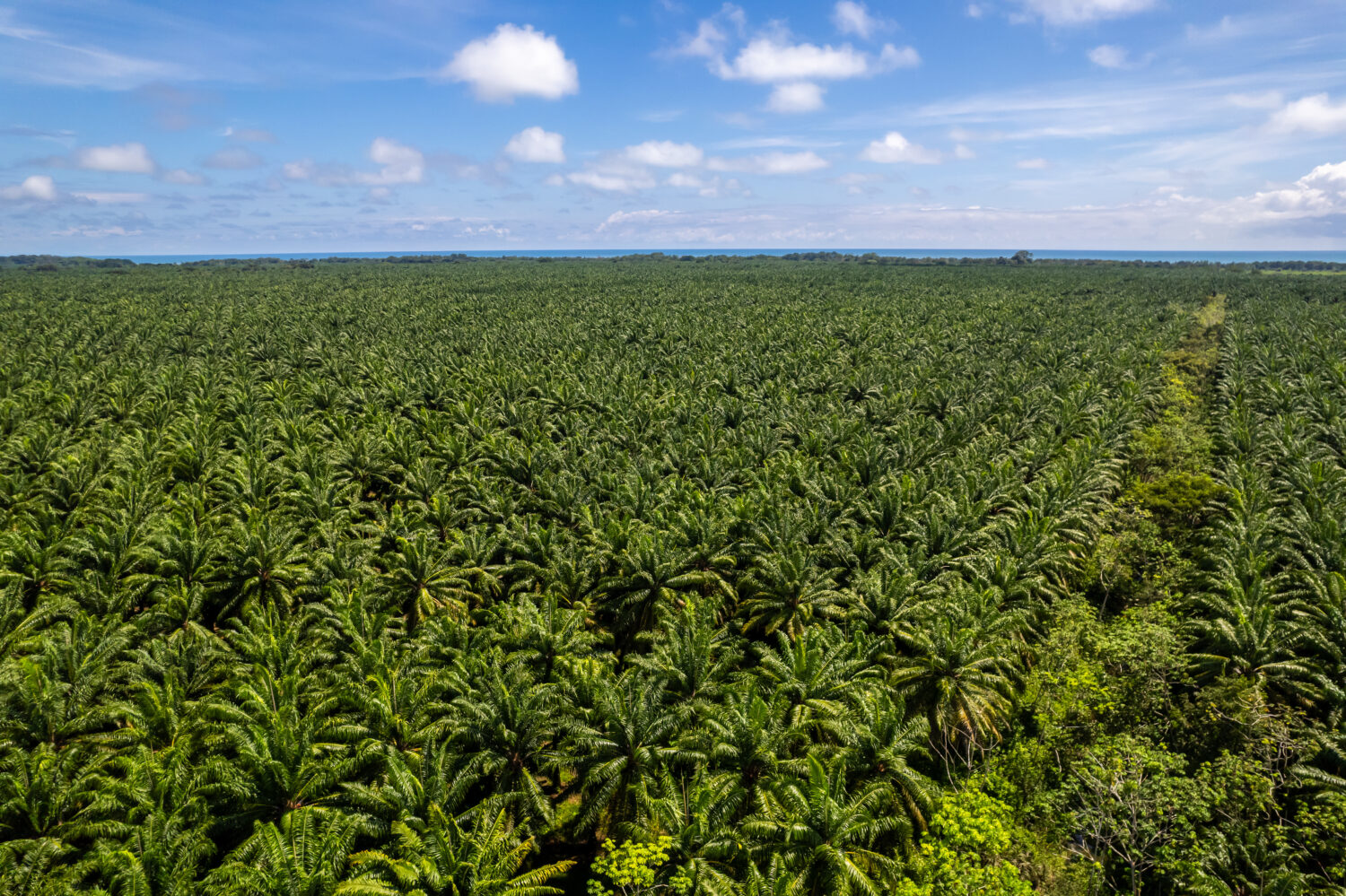Smart monitoring for red & black palm weevils management in Ghanaian plantations

Project
Smart monitoring for red & black palm weevils management in Ghanaian plantations
Location
Ghana
Theme
Crops
Funding
Innovation Award
A smart, integrated solution for early detection and management of pests
Project Partners: Council for Scientific and Industrial Research – Oil Palm Research Institute Kade, Ghana, Embrapa Coastal Tablelands and Permia Sensing Limited
Coconut and oil palm are cornerstone crops in Ghana, supporting the livelihoods of hundreds of thousands of smallholder farmers and workers. Cultivated across over 450,000 hectares, these palms are vital to the national economy, providing edible oils, export revenue, and inputs for the cosmetics and food industries. Beyond their economic value, they play important roles in rural culture, agroecological systems, and climate resilience—offering shade, stabilising soils, and diversifying income sources. Yet both crops are under growing threat from red and black palm weevils, which can cause up to 30% yield losses and widespread tree mortality.
This project introduces a smart, integrated solution for early detection and management of these pests. Led by Permia Sensing (UK)—a spin-out from Imperial College London—the consortium combines bioacoustic sensors, AI-driven analysis, and multispectral aerial imagery to develop a real-time diagnostic platform. Permia’s system “listens” for pest activity within trees and interprets stress signals using machine learning and drone imagery, enabling precise, early interventions. Collaborating with CSIR–Oil Palm Research Institute (Ghana) and Embrapa Tabuleiros Costeiros (Brazil), the project brings together expertise in precision sensing, pest ecology, and sustainable crop management. CSIR-OPRI will lead field trials and stakeholder engagement in Ghana, while Embrapa will adapt pheromone-based traps and contribute ecological interpretation from its world-leading palm pest programmes.
Protecting crops and communities
The technology will be tested in both smallholder and commercial contexts across Ghana. Farmers, agronomists, and processors will co-design deployment strategies through participatory workshops, ensuring the platform is inclusive, usable, and relevant across socio-economic groups. The expected impact is wide-reaching. Socially, it empowers farmers to protect yields and reduce reliance on reactive, costly interventions. Economically, it strengthens a sector central to Ghana’s development priorities. Environmentally, it reduces pesticide usage and avoids preventable deforestation by preserving existing tree stock. Technically, it demonstrates how AI and remote sensing can be made field-ready and affordable for tropical agriculture. This trilateral collaboration—between UK innovators, Ghanaian field leaders, and Brazilian agroecologists—embodies climate-smart agriculture. Together, the consortium will deliver a transformative, scalable solution to protect two of Ghana’s most important crops and the communities that depend on them.
For more information
For more information on this project, contact us, or view all projects funded under the Climate-Smart Agriculture Partnership programme.
Innovate UK Climate-Smart Agriculture Partnership: UK-Brazil-Africa brings together innovative people and organisations to promote climate-smart agriculture in Africa.

